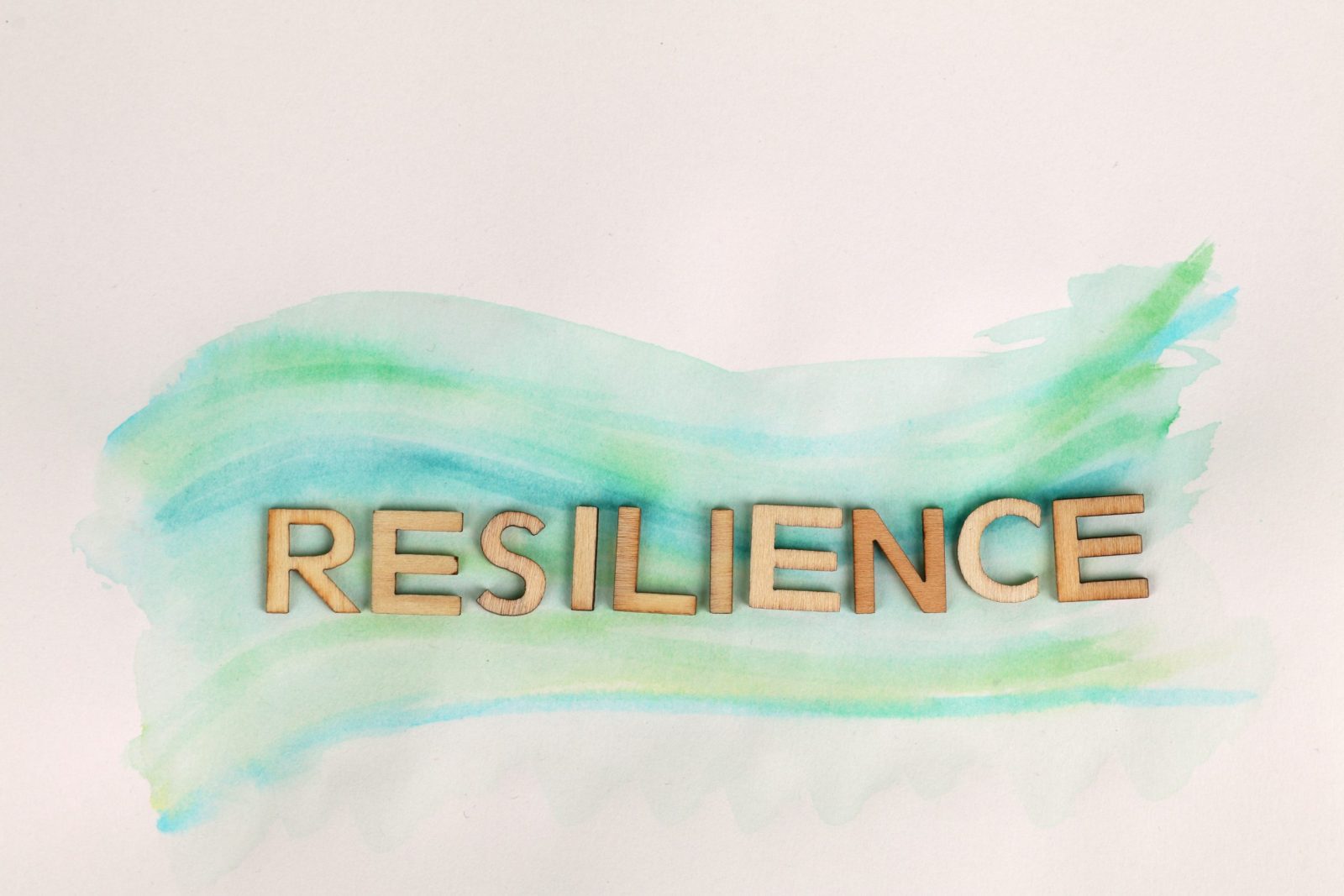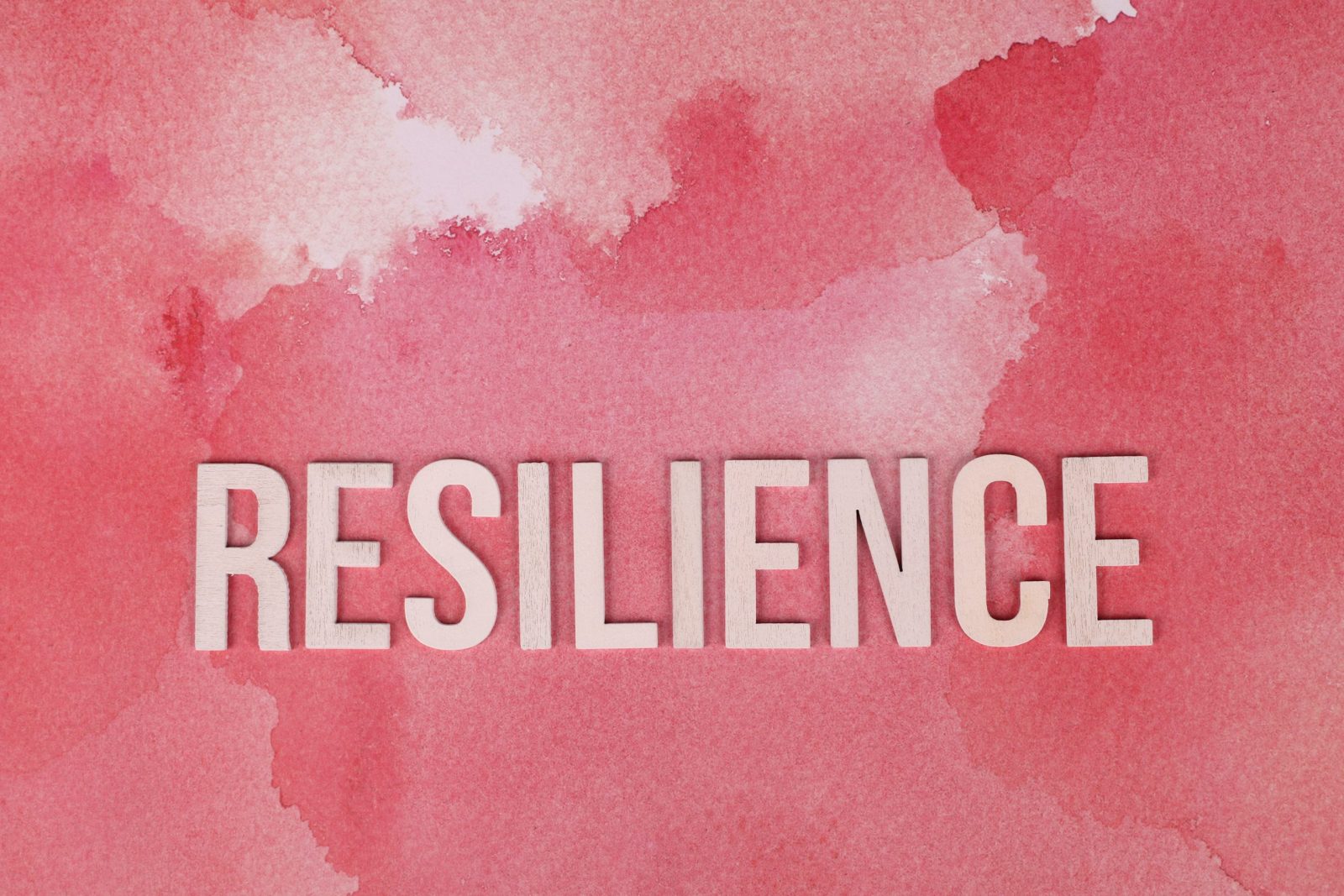Are There Scientifically Proven Techniques To Boost Resilience When Dealing With Everyday Stressors?
In today’s fast-paced world, it seems as though stressors are everywhere we turn. From the demands of work to the challenges of personal relationships, it can be easy to feel overwhelmed. But amidst the chaos, there is hope. Researchers have been studying the effects of various techniques on boosting resilience and managing everyday stressors. In this article, we will explore some scientifically proven techniques that can help you navigate through the ups and downs of life with greater ease and resilience. So, if you’re ready to conquer stress and build a stronger foundation for emotional well-being, let’s dive into these effective strategies together!
Techniques to Boost Resilience
Mindfulness
Mindfulness is a powerful technique that can help you develop resilience to everyday stressors. By practicing mindfulness, you can learn to focus your attention on the present moment and let go of worries about the past or future. This can help you to better manage stress and build resilience in the face of challenges.
To practice mindfulness, find a quiet and comfortable space where you can sit or lie down. Close your eyes and take a few deep breaths, focusing on the sensation of your breath entering and leaving your body. As thoughts or worries arise, gently acknowledge them without judgment and redirect your attention back to your breath. Over time, regular mindfulness practice can help you become more aware of your thoughts and emotions, enabling you to respond to stressors in a calmer and more resilient manner.
Cognitive Restructuring
Cognitive restructuring is a technique that involves identifying and challenging negative thoughts and beliefs that contribute to stress and low resilience. By replacing these negative thoughts with more positive and balanced ones, you can build resilience and improve your ability to cope with everyday stressors.
Start by noticing when negative thoughts or beliefs arise in response to a stressful situation. Once you’ve identified these thoughts, ask yourself if they are based on evidence or if they are simply assumptions or distorted thinking patterns. Then, try to reframe these negative thoughts into more positive and realistic ones. For example, if you find yourself thinking, “I can’t handle this,” you could reframe it to, “I may face challenges, but I have overcome difficult situations in the past and can find ways to cope.”
Adaptive Coping Strategies
Adaptive coping strategies are techniques that help you effectively manage stress and build resilience. These strategies involve taking proactive steps to address and resolve stressors rather than simply avoiding or ignoring them.
One adaptive coping strategy is problem-solving. When faced with a stressful situation, break it down into smaller, manageable steps and brainstorm possible solutions. Another strategy is seeking social support; talking to trusted friends or family members about your stressors can provide new perspectives and emotional support. Lastly, practicing self-care activities such as exercise, relaxation techniques, and engaging in hobbies can help you manage stress and boost your resilience.
Social Support
Having a strong support system of friends, family, and other loved ones can greatly contribute to your resilience. Social support provides a sense of belonging, validation, and comfort during times of stress. When faced with everyday stressors, knowing that you have people who care about you and are available to lend a listening ear or offer advice can make a significant difference in your ability to bounce back.
Build and nurture your social support network by reaching out to others and maintaining regular connections. Spend quality time with friends and family, join clubs or groups with similar interests, or participate in community activities. Similarly, be there for others when they need support, as fostering positive and reciprocal relationships can enhance your own resilience.

Physical Exercise
Engaging in regular physical exercise is not only good for your physical health; it can also boost your resilience to stress. Exercise releases endorphins, which are natural mood boosters, and can help reduce symptoms of anxiety and depression. Additionally, exercise can improve sleep, increase energy levels, and enhance cognitive function, all of which contribute to overall resilience.
Find an exercise routine that suits your interests and fitness level. Whether it’s jogging, dancing, swimming, or practicing yoga, aim to engage in moderate-intensity exercise for at least 150 minutes per week. Remember to also include strength training exercises at least twice a week to maintain muscle mass and strength.
Healthy Lifestyle Habits
Maintaining healthy lifestyle habits can strengthen your resilience and provide a solid foundation for managing stress. Proper nutrition, sufficient sleep, and avoiding excessive alcohol or drug use are important aspects of a healthy lifestyle that can positively impact your ability to cope with everyday stressors.
Ensure that your diet includes a variety of fruits, vegetables, whole grains, lean proteins, and healthy fats. Aim for 7-9 hours of quality sleep each night by establishing a consistent bedtime routine and creating a sleep-friendly environment. Lastly, be mindful of your alcohol and drug consumption, as they can impair your ability to cope with stress and decrease your resilience.

Relaxation Techniques
Incorporating relaxation techniques into your daily routine can be incredibly beneficial for boosting resilience and managing stress. Relaxation techniques, such as deep breathing, progressive muscle relaxation, guided imagery, and meditation, can help activate your body’s relaxation response and counteract the effects of stress.
To practice deep breathing, find a quiet space and take slow, deep breaths in through your nose and out through your mouth. Focus on filling your abdomen with air, allowing it to rise and fall as you breathe. Progressive muscle relaxation involves tensing and then releasing each muscle group in your body, starting from your toes and working your way up to your head. Guided imagery involves creating mental images of calm and peaceful scenes, while meditation entails focusing your attention on a specific object, word, or sensation.
Self-Compassion
Developing self-compassion is a key component of resilience. When facing everyday stressors, it’s important to treat yourself with kindness, understanding, and compassion. Cultivating self-compassion involves acknowledging and accepting your own flaws and imperfections, being patient with yourself during difficult times, and practicing self-care.
Instead of engaging in self-criticism or negative self-talk, try talking to yourself as you would a friend who is going through a tough time. Offer yourself words of encouragement, remind yourself that setbacks are a part of life, and practice self-compassionate activities such as engaging in hobbies, taking breaks, or treating yourself to something you enjoy.

Journaling
Journaling can be a powerful tool for increasing self-awareness and resilience. By writing down your thoughts, feelings, and experiences, you can gain insight into your own patterns of thinking and behavior, identify areas for personal growth, and process difficult emotions.
To start journaling, set aside a specific time each day to write for a few minutes. Focus on whatever is on your mind and let your thoughts flow freely. You can choose to write about a specific stressor, reflect on your day, or explore your emotions. Remember that journaling is a personal practice – there’s no right or wrong way to do it. The goal is simply to express yourself and gain clarity.
Seeking Professional Help
If you find that everyday stressors are significantly impacting your ability to cope and bounce back, seeking professional help may be beneficial. A mental health professional can provide support, guidance, and evidence-based techniques to help you build resilience and manage stressors more effectively.
Therapy or counseling sessions can offer a safe and confidential space to explore your thoughts and feelings, gain new perspectives, and learn coping strategies tailored to your specific needs. A mental health professional can help you develop a personalized resilience plan and provide ongoing support as you navigate life’s challenges.
In conclusion, there are scientifically proven techniques that can boost resilience when dealing with everyday stressors. By incorporating mindfulness, cognitive restructuring, adaptive coping strategies, social support, physical exercise, healthy lifestyle habits, relaxation techniques, self-compassion, journaling, and seeking professional help, you can enhance your resilience and thrive in the face of adversity. Remember, building resilience takes time and practice, so be patient with yourself as you explore and implement these techniques. You have the power to cultivate resilience and lead a more resilient and fulfilling life.


















